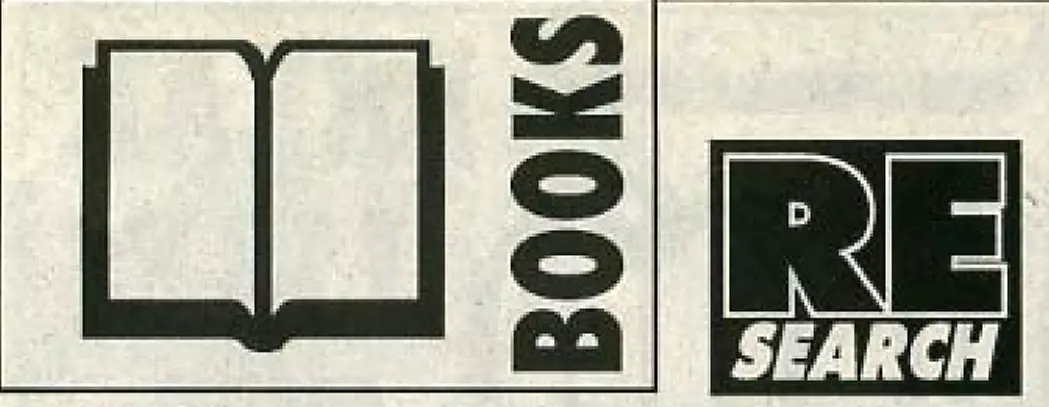Book Reviews: March 1992
Book
High Priest of California (Part One)
Charles Willeford
Lumped in with the pulp paperbacks of the ‘50s, Willeford’s High Priest of California stands out as great fiction, even in the early ‘90s. Willeford’s characters and plot development are timeless and relative 40 years after the initial publication of his novel. Set in San Francisco, High Priest of California details the daily existence of used car salesman, Russell Haxby, as he attempts to seduce one Alyce Vitale.
Frank and provocative for his time, the novel delves into male / female relationships as Haxby uses and discards women for his own purposes, especially sex. The little regard Haxby shows women is a continuing theme of male dominance and disregard for women as entities. Haxby sees them strictly for the pleasure they can give him through their appearance, their companionship and their bodies. Once he grows tired of them or they long for serious commitment, he moves on.
The initial respect and fascination Huxby has for Alyce grows into contempt as he manipulates her, taking control of her life and making her situation more convenient for himself. Haxby has no scruples when it comes to women and this is mirrored in his life as a used car salesman, selling junk cars at outrageous prices to unsuspecting patrons. The same unscrupulous morality is a thread through Huxby’s entire existence. He lives a life of excess, buying expensive suits and liquor, driving fancy cars from the car lot, employing a cleaning woman, eating at the best restaurants and leaving large tips. Extravagance is the all-consuming passion of Huxby’s life and people are secondary, or not as important as their use to him.
Willeford’s writing is direct and pointed. Through the situations he places his characters in, the reader gains in-depth knowledge of each character’s personality and motivation. Huxby becomes more and more real as the story progresses, and he becomes less and less likeable as a person. In fact, he may seem very familiar, either as a part of oneself or as a mirror of someone with whom you are familiar.
Also included in this ReSearch book are a play of High Priest of California and a second Willeford novel, Wild Wives next month’s ReSearch review.
You Don’t Have to Fuck People Over to Survive
by Seth Tobocman
Despite a resurgence in sequential art storytelling and a market that allows more diversity in comic material, thoughtful and direct criticism of American culture is a rarity in that genre. One of the few proponents of social change in the field is World War 3 illustrated, and one of the driving forces behind that magazine, Seth Tobocman, has a book-length compilation of outraged cartooning available for perusal; You Don’t Have To Fuck People Over To Survive.
Tobocman’s art combines classical elements like traditional painting, collage, computer graphics and straightforward cartooning technique to illustrate compelling tales of urban decay, government-run-amok, prejudice, hysteria, hatred and more. Happily, while this subject matter is decisively down beat, the stories never sing to heavy-handed morality lessons.
Instead, stark black and white figures represent the “everyman,” who is jostled, cheated, lied to and often killed by politicians and bigots. Especially noteworthy is 1988’s “Propaganda,” which probes the hypocrisy of Israel’s treatment of Palestinians as the glossed-over images presented by the U.S. media.
Similarly, 1989’s Why I Got Arrested on Wall Street (written by Maria Maggenti) and 1988’s a Statement for Jimmy (Written by Peter Plate) explore protect against capitalistic greed and homophobia, dramatically presenting the protagonists’ pain and compassion.
Description of this material is difficult without rendering it lifeless. Nevertheless, if any of this sounds interesting, You Don’t Have To Fuck People Over To Survive may be obtained from the publisher, Pressure Drop Press, at P.O. Box 460754, San Francisco, California 94146 for $7.00 postpaid. Similarly, copies of World War 3 Illustrated are available at Raunch. If this kind of material can’t convince you that something is wrong with the U.S. then you need help.
For more of SLUG‘s archived Book Reviews:
Books And Literature: August 1991
Books And Literature: June 1991

